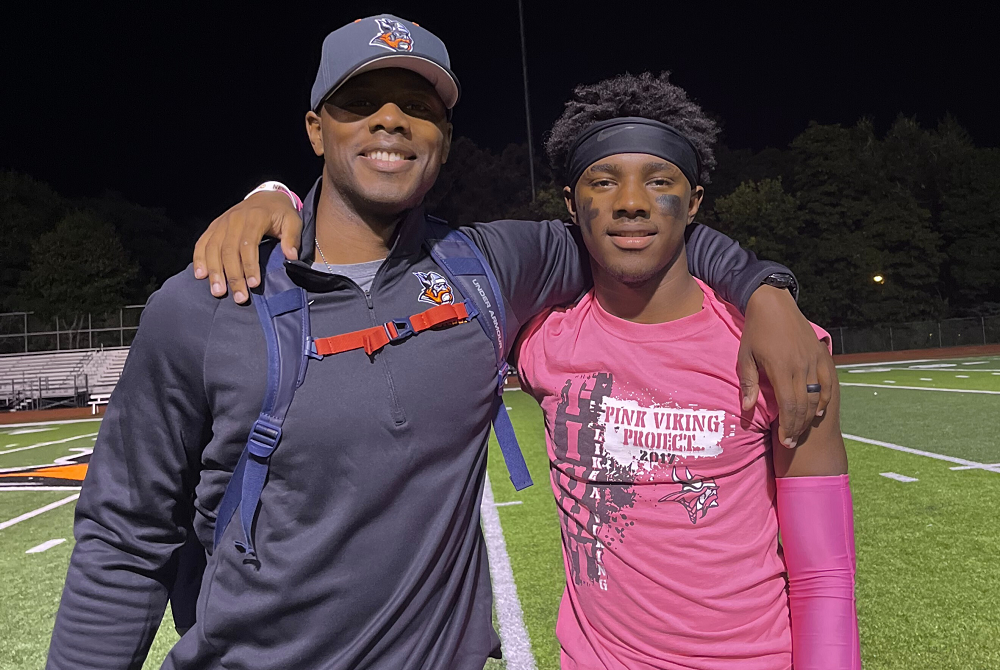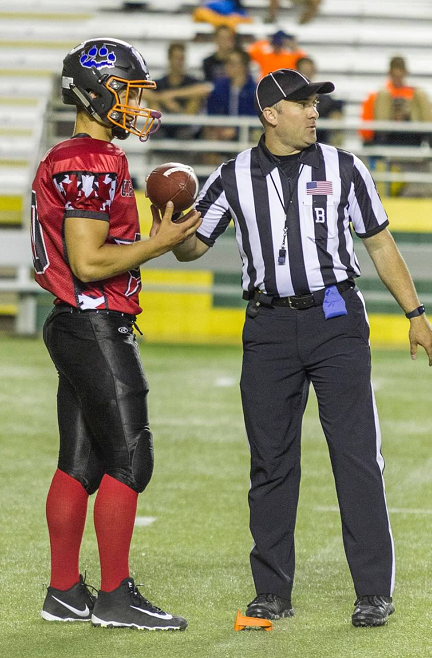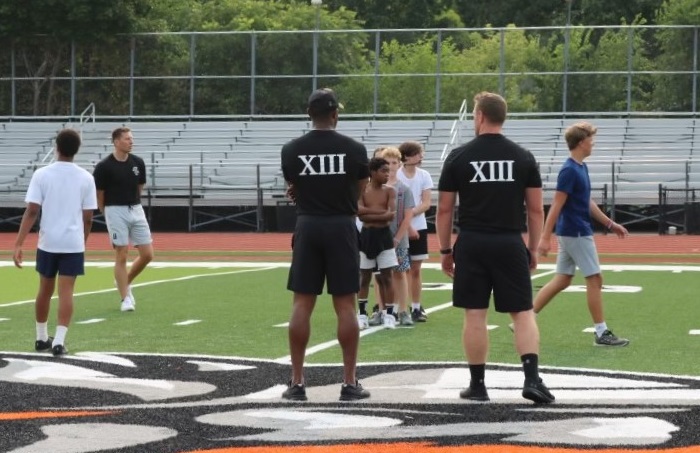
Sorting It Out
February 4, 2014
The MHSAA has a good relationship with the high school coaches associations of Michigan in spite of the fact that the MHSAA sometimes befuddles and frustrates some associations’ leaders and members. This occurs, for example, when a coaches association’s board of directors votes unanimously in support of a change in policy or procedure which fails to be adopted by the MHSAA Representative Council. Every so often over the past 25 years, I’ve had to provide reminders of why this occurs – in fact, why it must occur.
First, a coaches association is just that – an association of coaches; and coaches are but one of the many important voices to whom the MHSAA pays regular attention. The MHSAA also must hear the opinions of athletic directors, principals, superintendents, boards of education, contest officials and others. Typically, coaches desire more of everything: contests, classifications, trophies and medals. Just as predictably, most administrators seek reasonable limits on such things and can often be heard to say, “Enough is enough.”
Second, the makeup of many of our state’s high school coaches associations’ boards of directors, and even the associations’ members, do not reflect the MHSAA’s full membership. Understandably, many coaches associations’ board members are disproportionately from large schools in the southern or even southeastern part of Michigan.
And third, by their nature, coaches associations advance proposals for a single sport, which could impact other sports positively or negatively. There is no question that if one sport “gets” something, like another tournament classification or division, other sports will seek the same consideration which may or may not be practical for or beneficial to other sports.
When considering a proposal from a coaches association, MHSAA Representative Council members will almost always ask themselves: “Who’s not in the room? Who are we not hearing from? Is there another side of the issue? How does this play out among small schools, or urban schools, or northern schools? How will this affect other sports?”
We look to coaches associations for sport-specific advice; and we urge them to seek input from a constituency that is as large and diverse as possible. We look to other stakeholders to add their advice and counsel to the process; and we depend on the Representative Council to sort it out and seek the proper balance.

From MSP Post to Postgame: Lieutenants Return to the (Football) Field
September 27, 2023
While fans are settling into another season, Michigan State Police Lt. Tedric Gibbs has been fully immersed in football for months.
The Jackson Post’s assistant post commander serves as assistant coach for Jackson High School’s varsity football team and for the team at Parkside Middle School.
“I started coaching when my older son was in youth sports, as a way to do something together that we both love,” Gibbs said. “My younger son followed the same path, so I joined his team too. I grew up in Jackson and am grateful to be able to serve my hometown from the sidelines and at our post.”
 Some 400 miles north, Lt. Mark Giannunzio is also a familiar face in and on the field. The MSP Negaunee Post assistant post commander and Eighth District public information officer enforces the rules of the game as a high school and college football official, the latter for the Great Lakes Intercollegiate Athletic Conference.
Some 400 miles north, Lt. Mark Giannunzio is also a familiar face in and on the field. The MSP Negaunee Post assistant post commander and Eighth District public information officer enforces the rules of the game as a high school and college football official, the latter for the Great Lakes Intercollegiate Athletic Conference.
“I started at the high school level to stay involved in athletics and make authentic connections in the community,” Giannunzio said. “It’s rewarding to help teach the game and share knowledge of the rules. I currently have a full 11-game schedule in the GLIAC Division II college conference, with high school games interspersed during the year.”
The correlation among coaching, officiating and policing translates.
“With my fellow troopers, I want to inspire, motivate and encourage to get the most out of them,” Gibbs said. “I take the same approach with my players to figure out what they need from me, as their designated leader, to be as successful as they can. In both capacities, I do the work alongside them. We do it together.”
This approach is especially important when tough times surface. Lieutenant Gibbs’ high school team experienced tragedy right before its first game when a player died in a car crash.
“We focused on adversity,” said Gibbs, who was in a unique position to talk from a police perspective too. “It’s a benefit to have that insight and background and share it with what they can control – make good decisions and wear your seatbelt.”
Lieutenant Gibbs incorporates his coworkers when he can, like during spring conditioning when fellow troopers join him and his players, helping all involved to make new connections and build strong bonds between the students and officers.
 “One of the most important attributes in both careers is communication,” Giannunzio said. “Communication can make or break an official and a police officer. Much like selling a citation to a motorist, I need to be able to sell the penalty in a calm and professional manner. Demeanor and attitude go together on both the football field and when we are out patrolling in the Blue Goose.”
“One of the most important attributes in both careers is communication,” Giannunzio said. “Communication can make or break an official and a police officer. Much like selling a citation to a motorist, I need to be able to sell the penalty in a calm and professional manner. Demeanor and attitude go together on both the football field and when we are out patrolling in the Blue Goose.”
Treating everyone with dignity and respect is something Lieutenants Gibbs and Giannunzio commit to as members of a modern police agency and in their areas of expertise on the football field.
“Both roles afford so many opportunities to develop culture and cultivate teamwork,” Gibbs said. “The best part is watching others flourish and playing a part in their growth.”
PHOTOS (Top) Michigan State Police Lt. Tedric Gibbs, left, serves as an assistant football coach for the Jackson High varsity. (Middle) Lt. Mark Giannunzio officiates at the high school and college levels. (Below) Gibbs also coaches at Jackson Parkside Middle School. (Photos provided by the Michigan State Police.)

